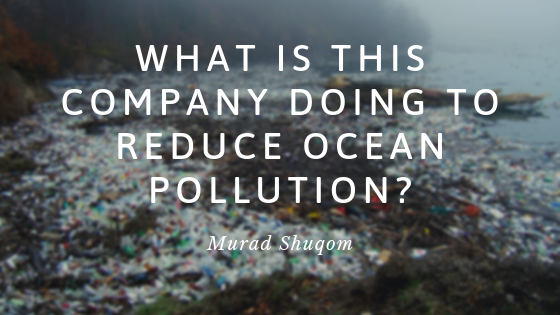Plastic pollution has become a global epidemic. All forms of marine life are affected, including from all regions across the world. One estimate puts the figure of 100 million marine animals including species such as dolphins killed every year due to plastic pollution in our oceans. The problem with plastic pollution is that plastic products are a part of our daily lives now. It would take a world effort and many years to remove all the plastic from the ocean.
One multinational company is making a difference and solving the plastic pollution problem through innovation. Unilever is recreating its business product strategy and restructuring its packaging for hundreds of products. It is estimated that up to 2.5 billion people use one Unilever product across its 400 brands every single day. Unilever says that its immense profits and market penetration have come at the expense of environmental pollution including plastic waste clogging the world’s oceans.
The company decided to be proactive and says that it is approaching the plastic pollution problem that its products contribute to through a variety of ways. One way that Unilever is trying to cut down on plastic pollution is by using what is known as bioplastics for its packaging. Bioplastics are organic plastics that are made from ingredients such as cornstarch. These kinds of plastic will naturally biodegrade and are much less harmful to the environment.
Unilever is also trying to implement what it is calling the circular economy. To explain further, Unilever is creating all of its products with the idea of reusing and reducing its plastic packaging footprint. It is increasingly using new technology such as plastic bubbles in packaging to reduce the amount of plastic needed to package some items. Bubble technology in packaging can reduce the need for plastic by up to 15%. That translates to 15% less plastic waste.
Creating more recyclable plastic is packaging is another critical component of Unilever’s new initiatives that it plans to implement by 2025. It is changing the pigment used for black plastic packaging in its products so that it can be detected by sorting sensors at recycling facilities. The current black plastic coloring of its products is undetectable at recycling facilities and is thus simply discarded.
Unilever is also switching from plastic to metal packaging in some of its products like deodorant. Metal packaging is much more readily recyclable than the plastic. All of these moves are designed with the idea of reducing and eliminating plastic waste wherever they can. The company is also hedging that these moves will help it gain market share with an increasingly environmentally-conscious consumer.

